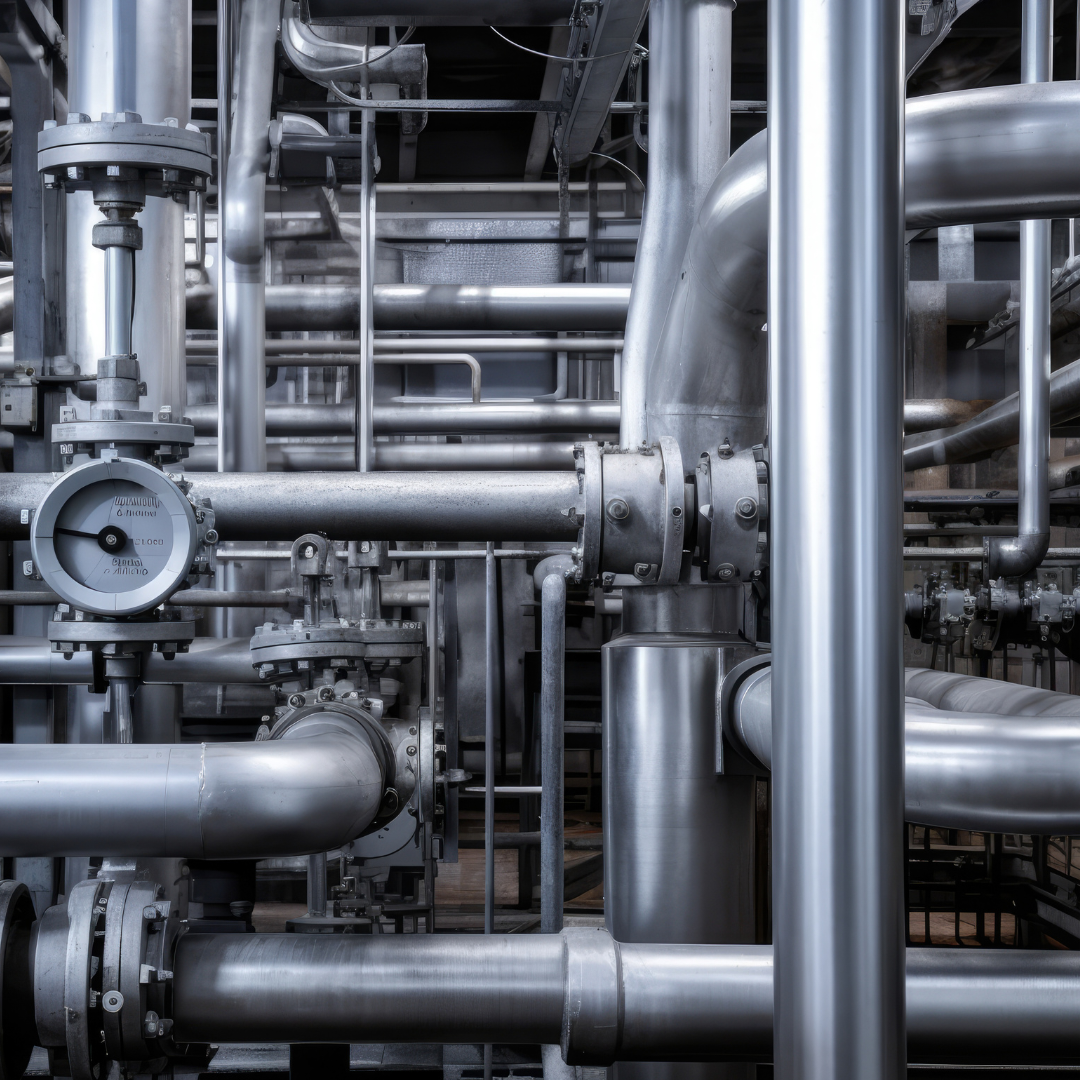
MECHANICAL EVAPORATOR
Project overview
Evaporation is being considered as an alternative process in an increasing number of wastewater treatment applications. It can be effective for concentrating or removing salts, heavy metals and a variety of hazardous materials from solution. Also, it may be used to recover useful by-products from a solution, or to concentrate liquid wastes prior to additional treatment and final disposal. Most applications of the technology also produce a high quality, reusable distillate-a very important feature where water conservation is a priority.
During evaporation, a solution is concentrated when a portion of the solvent, usually water, is vaporized, leaving behind saline liquor that contains virtually all of the dissolved solids, or solute, from the original feed. The process may be carried out naturally in solar evaporation ponds, or through the use of commercially available evaporation equipment. Solar evaporation ponds usually are limited by land availability and cost, potential odor problems, or meteorological and climatological conditions, whereas mechanical evaporators are relatively compact, reliable and efficient.
FEATURES
Energy Efficient
Zero Liquid Discharge
Total Dissolved Solids (TDS)
Flexibility Wastewater evaporators can adapt to any conditions and can be programmed to handle most of contaminants.
Low Maintenance MVR evaporators require very low maintenance, run automatically and can be monitored remotely.
Applications
Textile
Pharamaceuticals
Sugar Plant
Food Processing